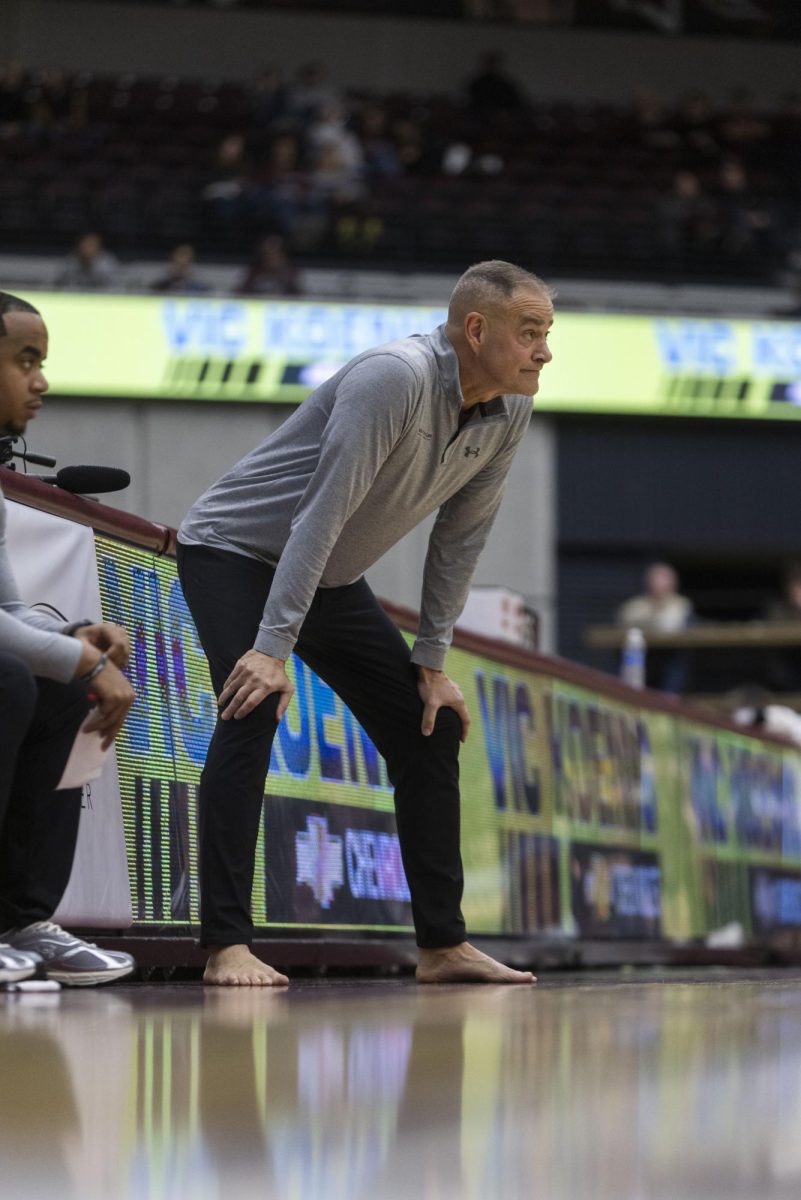Recreation Center expands inclusive program beyond physical disabilities
November 28, 2015
The Recreation Center’s AIR program, which previously focused on physically disabled individuals, is refocusing its mission to include members with more than just physical limitations.
Access Inclusive Recreation has seen changes over the years in both its name and participant level.
Sally Jo Wright, associate director of programs at the Recreation Center, said she noticed a decrease in students using the program, which prompted her to make changes this semester.
Advertisement
Wright said out of 546 SIUC students who sought service through Disabled Student Services, only 59 had mobility issues. However, of those seeking services, more than 100 students had attention deficit hyperactivity disorder, 111 had other psychiatric diagnoses and more than 150 had learning disabilities.
While Wright does not believe such diagnoses necessarily mean students cannot use the Recreation Center like the rest of the student population, she said for some, that could be the case. She wants the program to be inclusive to give everyone a resource at the Recreation Center.
“Ultimately, what we want is for all of our students — regardless of ability — to feel like they have a place here and they have access to all of our programs,” Wright said.
Likewise, Troy Vaughn, director of the center, said the change was important because it coincides with changes in the ways disabilities are viewed.
“It started to cater — as with society — to inclusive areas to incorporate much more than just a known physical disability,” Vaughn said.
Wright called this semester a transition period, but said student referrals have slowly risen. Vaughn said referrals for students can include a range of issues from physical limitations to anxiety or even home sickness.
The center has reached out to various departments on campus, such as housing, to help refer students who may benefit from the program, but Wright said students can also self-refer.
Advertisement*
Wright said the goal of the program is to “create the bridge that gives them a sense of belonging and enough confidence to come here and continue to participate in things they want to do, but maybe they aren’t comfortable making that first step by themselves.”
Currently, one student has completed the evaluation process. Brittney Pender, a graduate assistant in community health education who oversees with the program, said the student has told Pender she feels more able to participate the Recreation Center on her own.
A.I.R. has three main programs: bowling, “All-In”–clusive Rec and the fitness partner program.
The fitness partner program pairs a student who has functional imitations with a student-worker. The program offers three free meetings to help the student develop fitness goals by engaging in activities alongside the student-worker.
There is a $10 fee per session past the third meeting, but Wright said the goal is to have students become comfortable going to the Recreation Center independently.
All Recreation Center members, including non-students, are potentially eligible to participate in the fitness partner program.
“All In”–clusive Rec includes activities such as wheelchair basketball, big-ball volleyball, rock climbing and goalball — a game reminiscent of soccer that uses a ball with bells inside it. Participants, who are either blindfolded or visually impaired, have to listen for the ball.
“It’s the right thing to do,” Vaughn said. “We want people to feel comfortable when they come over and recreate. If they can learn something along the way, if they learn about differences and they can learn about how different people are, if we’re even a little cog in that … then we’ve succeeded in doing our job.”
Cory Ray can be reached at [email protected] or 536-3326
Advertisement







